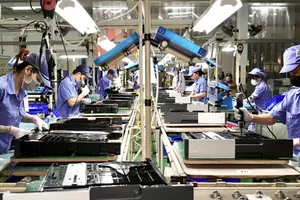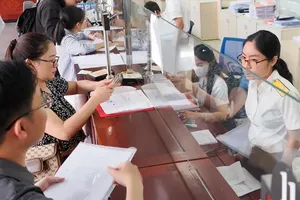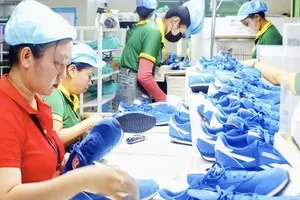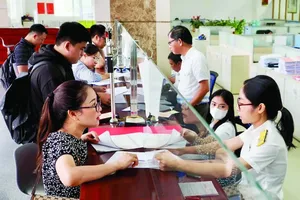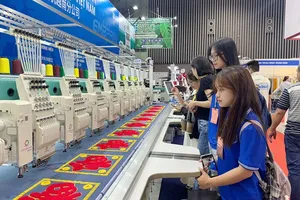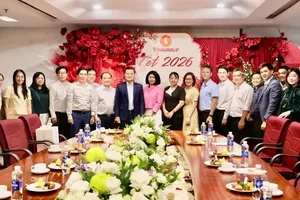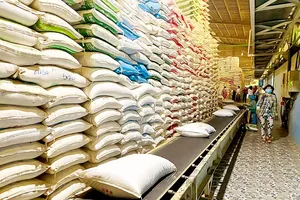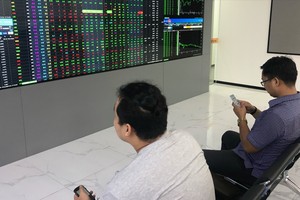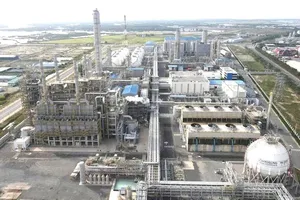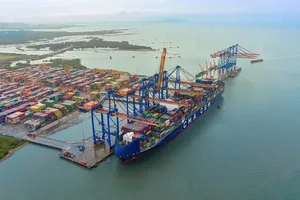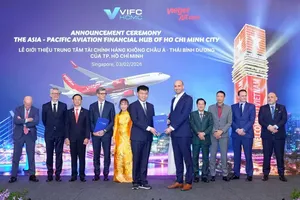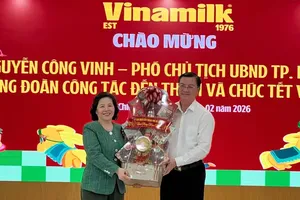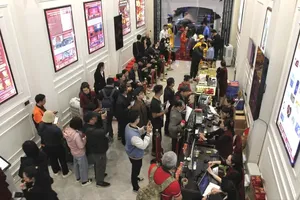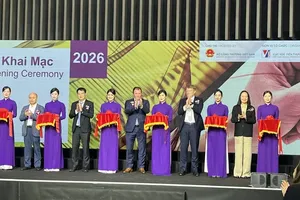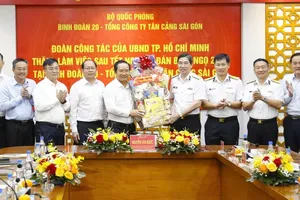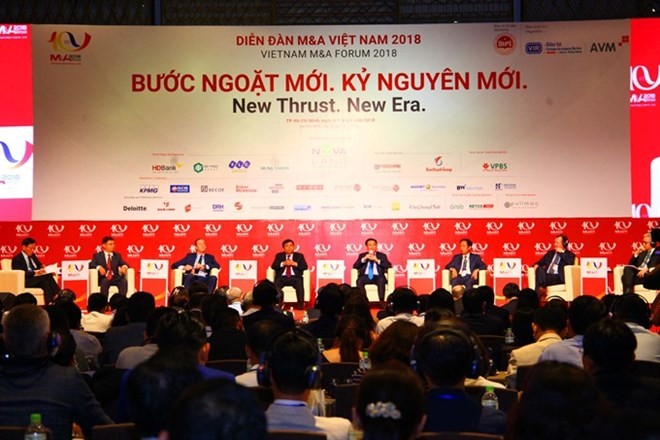
Speaking at the “Vietnam M&A Forum 2018: New thrust, new era” conference, Deputy Prime Minister Vuong Dinh Hue said the Government was diligently working towards an increasingly healthy, transparent, and conducive investment environment, stimulating the development of the M&A market both in quantity and quality in line with economic development orientations.
“As the Vietnamese economy moves forward consistently on the renovation path, with deeper integration with the world economy, and is empowered by economic restructuring, the Vietnamese M&A market has been vibrant over the past decade and I hope this would continue in the future,” Hue said.
According to a KPMG survey of the Vietnamese M&A market in the last 10 years, last year the estimated value of M&A transactions was 8.6 billion USD, and it forecast over 300 deals in 2018 and 2019.
In 2007 –17, Thailand accounted for 47 percent of the value of transactions, followed by Japan and the US with 11 percent, and Singapore with 9 percent.
Also making the list were France, the Netherlands, the United Kingdom, Malaysia, Taiwan, and Hong Kong.
“In the next three years investors are expecting investments in M&A deals in Vietnam mainly from Japan, the Republic of Korea, China and Thailand,” said Warrick Cleine, chairman & CEO of KPMG Vietnam.
He pointed out that the fast growing economy, large market with nearly 100 million consumers, multilateral and bilateral FTAs, increasing bonds with traditional trading partners, and SOE equitisation would be the key drivers of M&A.
“Food and beverage, pharmaceuticals and life sciences, real estate, fast moving consumer goods, technology, media and telecom, retail, education, and renewable energy are the most promising industries for M&A.”
The key criteria for investors in identifying M&A deals are strong growth potential, management capability, operating sectors, financial capacity, and sector expertise, he said.
“The key challenges during the due diligence process in Vietnam are quality of historical information, responsiveness/preparedness/willingness to share information, legal issues, tax issues or exposures, and flow of information.”
The key deal breakers are valuation expectation, due diligence findings, regulatory/licensing, aligning business plans, and approach to timeline, he said.
Cleine said M&As are being done efficiently in Vietnam and said the Government should foster the process and create more favourable conditions for investors.
“The Government should reduce administrative procedures involved in M&A deals.”
Minister of Planning and Investment Nguyen Chi Dung said as Vietnam was celebrating the 30th anniversary of its foreign investment, the ministry were reviewing and would issue development policies for foreign investment.
“Authorities are trying to reduce administrative procedure to attract more investors, and we would like to confirm that there is no difference in the treatment between domestic and foreign companies," he said.
“All are equal, except for certain special businesses like banks, in which foreign ownership is restricted to 30 percent, and some other under WTO commitments.”
Seck Yee Chung, managing partner, Baker & McKenzie said: “In the last 10 years there have been many changes. Customers used to ask about logistics and the legal framework in Vietnam, but now they ask about regional expansion [in future].
“More investors are coming to the country, but this is the right time to identify whether the Vietnamese legal framework has adapted to changes on the international business scene where there are a lot of new business models.”
Tran Van Dung, Chairman of the State Securities Commission, said since the stock market came into operation, M&A deals had become lively.
"The Vietnamese Government is trying to stabilise the macro-economy in the context of the trade war and US raising interest rates,” Dung said.
Phan Duc Hieu, Deputy General Director of the Central Institute of Economic Management, said M&A would help enterprises expand their markets.
“However, M&A has a bad impact on competition as enterprises buy their competitors.”
To avoid this, the Government is amending the Enterprise Law and Stock Law to protect small shareholders and prevent monopolies, he said.
“[We are] ranked 80th out of 189 nations in protecting small holders.”
Dominic Scriven, chairman of Dragon Capital Group, suggested that the Government should choose M&A deals more carefully by paying attention to both the selling and buying by Vietnamese companies.
“Vietnam is facing a challenge in that many companies were set up in the 1990s and 2000s. Now their owners would like to retire or do not have the ability to compete in the new era but don’t want to do M&A because they still want to be the ‘boss’.
“The legal framework should be updated to deal with disputes related to M&A.”
Since 2009 more than 4,000 M&A deals have been done with a total value of 48.8 billion USD.
In the first half of this year they rose by 55 percent year on year to 3.55 billion USD.
But the M&A boom could come up against some challenges soon like the rising protectionism, trade war (especially between the US and China), geopolitical tensions, and slowing growth in major economies.
Last year the sectors in Vietnam that saw the most M&A deals in value terms were consumer goods (57 percent), real estate (27 percent), finance-banking (4 percent) and chemicals (3 percent).
But this year real estate (66.8 percent), finance-banking (19.1 percent) and industrial production (9 percent) have taken over.
The 10th Vietnam M&A Forum, organised by the Vietnam Investment Review, the Ministry of Planning and Investment and AVM Vietnam company, reviewed the last 10 years of M&A deals to predict the trends in the next few years.

